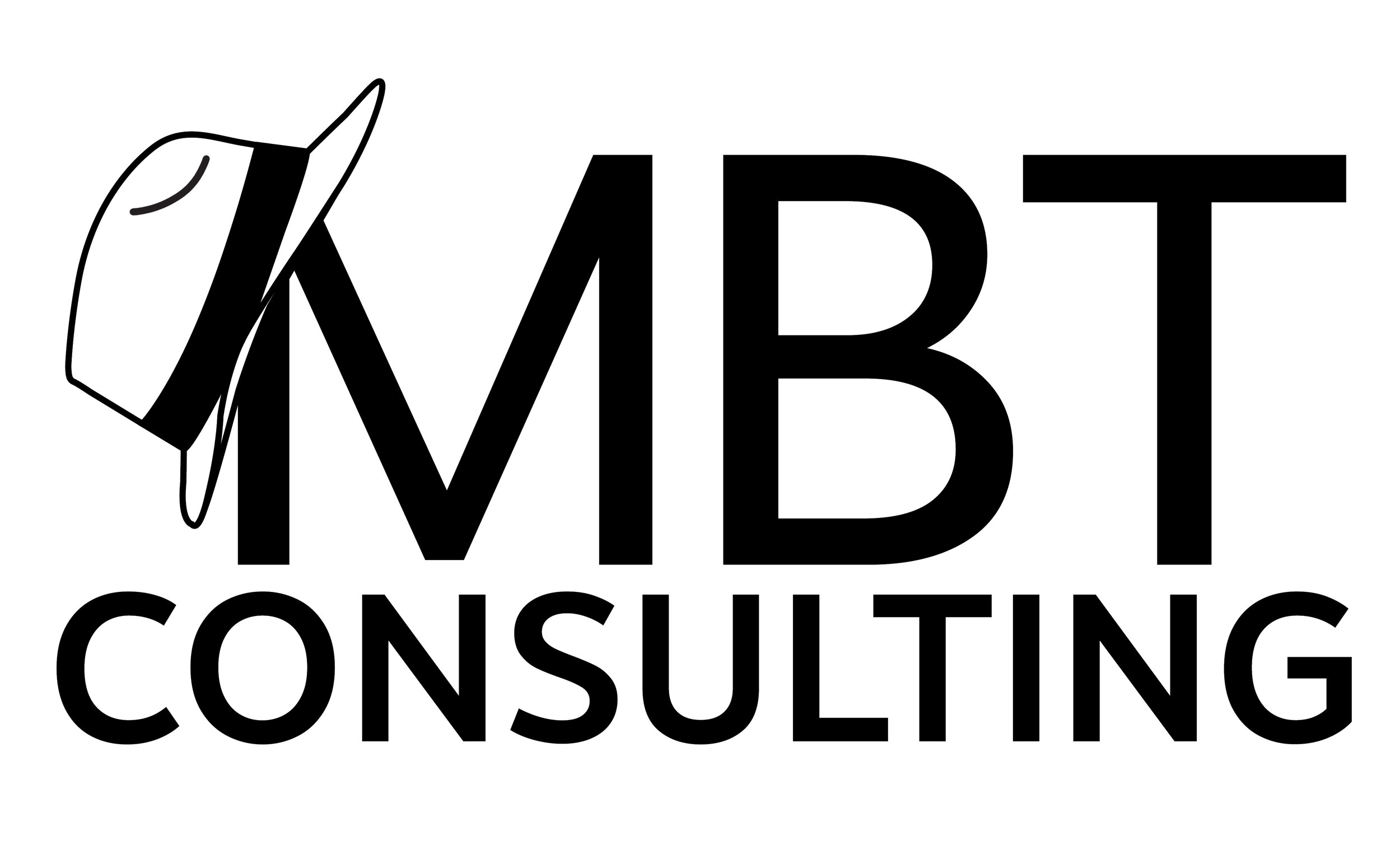Successful email must meet three criteria
For the past 25 years I’ve sent out a free monthly electronic newsletter for my marketing consulting firm.
The constant drip drip drip helps remind clients and prospects alike that I’m still there and has consistently led to business, sometimes many years after I met the buyer.
But what many people don’t realize is that like any other email, a newsletter requires a good subject line to capture a reader’s attention.
THE PERFECT GIFT FOR ANY ENTREPRENEUR!
Now available in paperback and on Kindle!
Merely saying, “Here’s my newsletter!” certainly isn’t enough to stand out in the torrent of legitimate emails, solicitations and spam that flood the average electronic mailbox.
Which is why I use subject lines like, “Do you also hate Steven Singer?” to grab eyeballs. Readership for this particular issue was way above average, and readers were guided to an entertaining story about jeweler Steven Singer, as well as five other stories.
Imagine my surprise and delight when a member of the local media called me, exclaiming, “That’s the best damned subject line I’ve ever seen!”
Like direct mail, your email has three objectives: open it, read it and act on it.
Which makes the subject line critical. Bottom line: Without a good strategy for grabbing the reader’s attention, your email is pretty much guaranteed to go right into the trash!
Assuming you’re reaching out to a professional audience, the subject line should clearly preview the email’s content. Include topics and deadlines to help the recipient quickly understand the email’s importance and intent.
And those professional subject lines are crucial in a variety of instances, including:
Professional and business communication
Deadlines and other urgent situations
Job applications
Client proposals
Meeting invitations
Official announcements
Networking and introductions
Policy updates
Cold email pitches
Of course, there’s no subject line that will work every time, but you can improve your odds by:
Adding a sense of urgency
Piquing the reader’s curiosity
Offering free stuff
Personalizing the content
Incorporating trending topics or headlines
Tying to a famous name (provided it makes sense for your brand)
Delivering a compelling story
Keeping it really short
Always remember: Maintaining a professional tone, avoiding spam-triggering language and keeping subject lines brief are essential to effective professional communication.
With that said, I wish you a week of profitable marketing.
Subscribe to my newsletter at www.marketbuilding.com.



